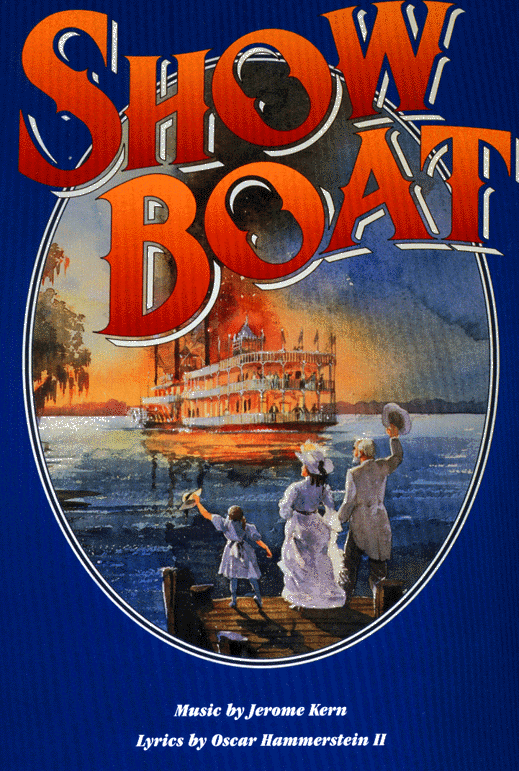We have been discussing only the artistic content of the show so far, and in some depth, so today for a change of pace, I'm going to address one of the technical aspects of the Urinetown. This show makes fun of just about everything theatrical, including the technical facets; there are lighting jokes, costume jokes, and set design jokes built right into the script, and we won't shirk from them. For now though, let's talk about our set.
The front view makes it look as if three identical, chunky "cell-blocks" are lined up on both sides of the stage, extending a great distance. In reality, as revealed by the side view, they are actually much shorter and narrower than they appear, allowing for a grander sense of scale. As long as the angles and distances are carefully calculated and constructed, the illusion can be very powerful.
We have used this kind of strategy before on the BRAVO stage. Most recently, the set design for In The Heights used forced perspective to give the illusion of being surrounded by towering brownstones on the upper West side of Manhattan. Here, the horizontal angles were less pronounced, but the perspective in the vertical direction was even sharper. Each of these buildings comprised four stories (though the top story was barely visible), with each successive story constructed slightly smaller for a sense of realism. The resulting unusual angles for all of the doors, windows, trim, and bricks made this set a nightmare to construct and paint. Ironically, if the set team handles the forced perspective properly - the audience never even notices.
Another recent BRAVO show that used forced perspective in a different way was Hairspray Jr. In the finale of that show, three gigantic hairspray bottles appeared on stage as studio props. But two of these were constructed at only half-scale, and were placed further up and back of the bigger can, to give the illusion that they were all the same size, and the stage was much deeper than it actually was.
A much trickier use of perspective, though, was the opening flat for Tracy's bedroom, making it appear that we were looking down at Tracy, who was waking up in her bed. This perspective trick required building the side tables, lamps, and headboard all in three-dimensional forced perspective; no mean feat. The master carpenter for that show, Tom Ziobro, had more than 25 years of experience building theatrical sets, but retired from set construction immediately after Hairspray. I'm not saying there's a direct connection. But forced perspective can be hard.


































